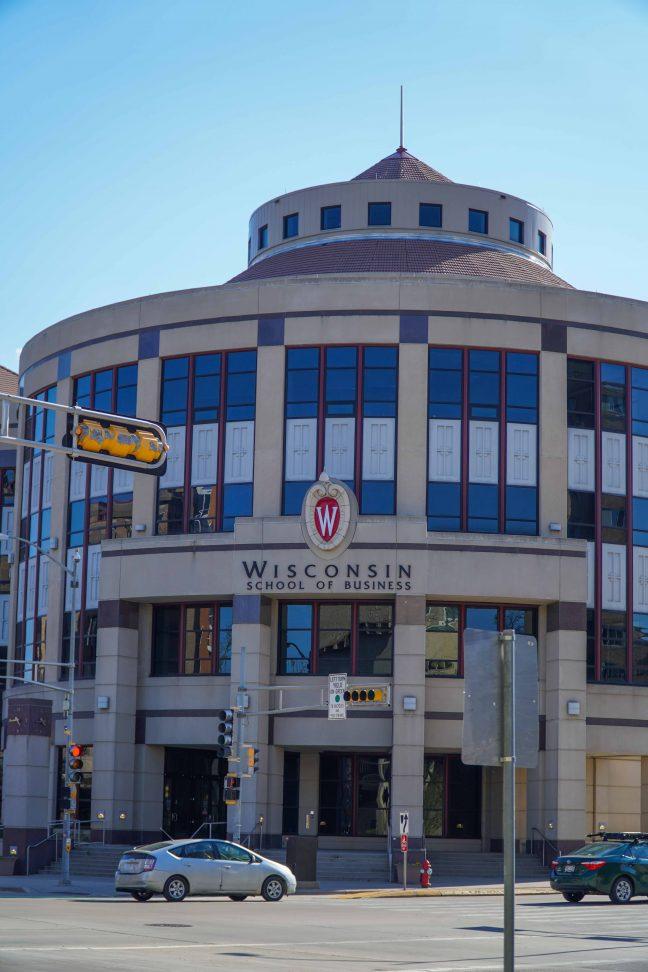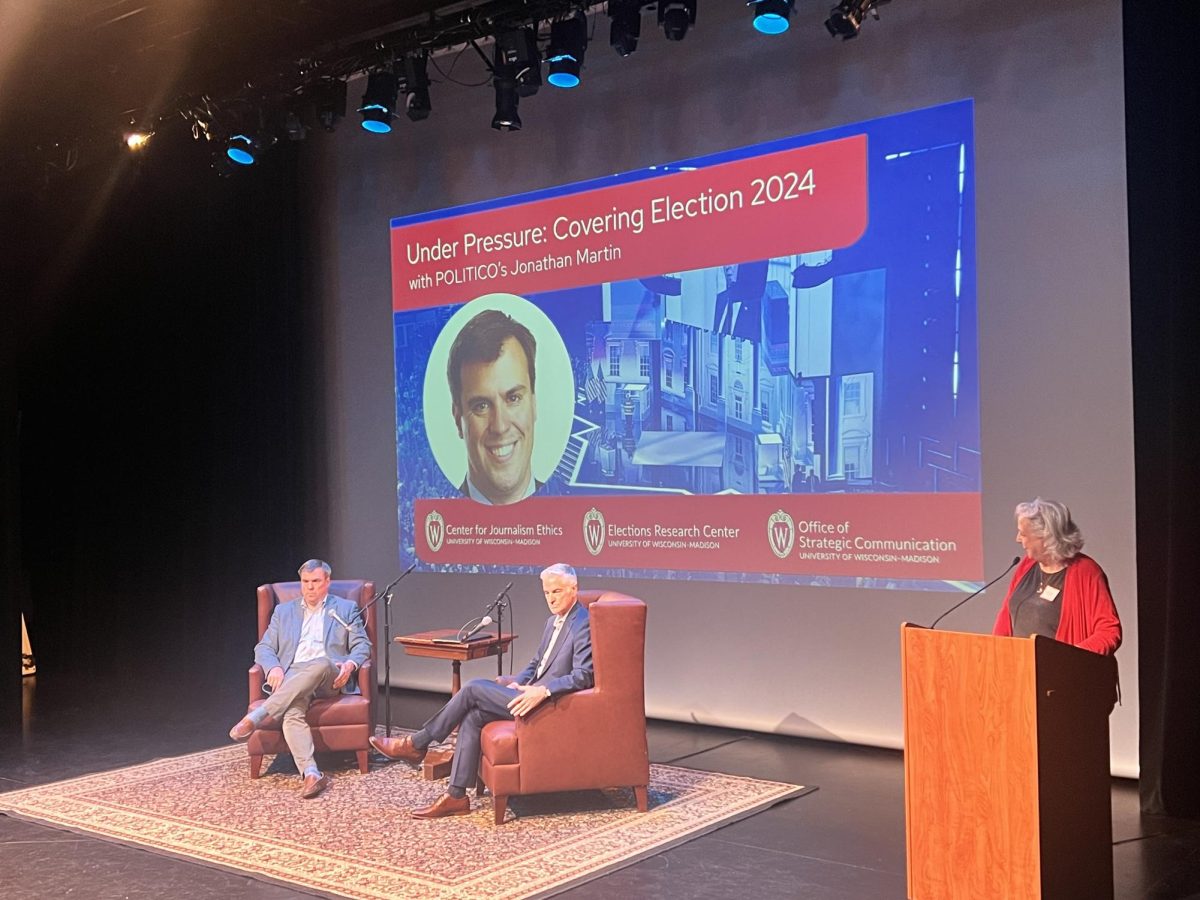Georgetown University is defending its research practices after charges regarding its Medical Center using cell lines derived from aborted fetuses.
Last summer, the Archbishop of Washington Cardinal Theodore E. McCarrick asked the Georgetown University Medical Center to look into ethical questions raised by a group in Florida regarding the origin of cell lines used in their research.
Lindsey Spindle, director of public relations at GUMC, explained what a review of the origin of the cell lines revealed.
“Eighteen GUMC researchers were using four different cell lines that had been derived decades ago from tissue that came from terminated pregnancies,” she said.
Such revelations are outraging some GU students and alumni.
“One of the main reasons I went to Georgetown was because it was a Catholic, Jesuit school,” said Jim Frings, a Wausau, Wisc., business owner and GU alumnus. “This about their research is disgusting to me; I think they’re selling out. I may continue to give money to my school, the foreign-policy school, but certainly not to Georgetown in general or the med school.”
Other student response at GU varied from indifference to activism.
“The main student sentiment is mixed,” Dan Allott, a GU graduate student majoring in public policy, said. “Most students don’t even pay attention, but those that do are definitely questioning and frustrated by what’s going on.”
Becca Danis, president of the GU Right to Life student group is one of the frustrated students Allott described.
“We have dedicated pro-lifers who are strongly in favor of and strongly against the continued use of these cell lines at Georgetown,” Danis said.
The cell lines, which are between 25 and 40 years old, were not created by GU, but were in fact obtained from the National Institute of Health. When the researchers began their work, the precise origin of the cell lines was not known. Four of the researchers were able to switch to alternate cell lines not derived from fetal tissue, while the remaining 18 researchers were not able to do so.
“Such a switch would compromise their research and invalidate their findings,” Spindle said.
The debate is centered on the Catholic doctrine teaching about the use of aborted fetus tissue in research.
“Catholicism’s rich and diverse intellectual tradition has long been an integral part of Georgetown’s academic life,” according to a statement on GU’s website.
GU maintains while using the cell lines in question is not its “preference,” the researchers are morally justified in their work.
“At Georgetown University Medical Center, we conduct research consistent with the Ethical and Religious Directives for Catholic Health Care Service, as well as widely accepted Catholic moral theology,” Reverend Kevin Fitzgerald, one of the researchers, said in a statement.
The Ethical and Religious Directives for Catholic Health Care Services, which was approved by U.S. bishops, states “Catholic health-care institutions should not make use of human tissue obtained by direct abortions even for research and therapeutic purposes.”
The American Bioethics Advisory Committee has stated GUMC’s research is contradictory to Catholic teaching.
“Georgetown University’s decision to continue their research on cell lines that they now know are derived from aborted children appears to be in direct contradiction to [the ERDs] and the Church,” Father Joseph Howard, director of the ABAC, said in a statement.







